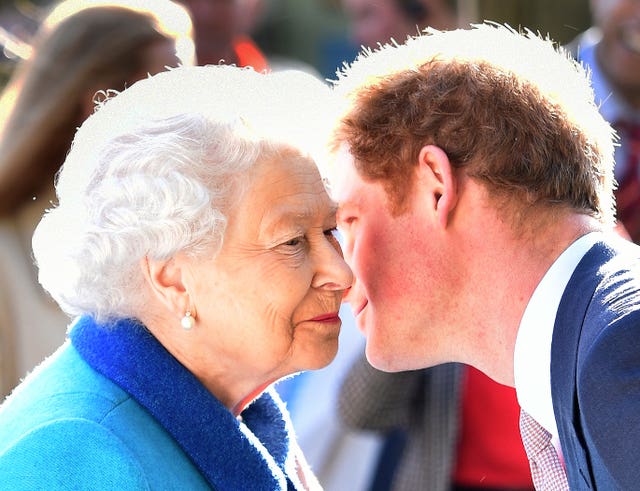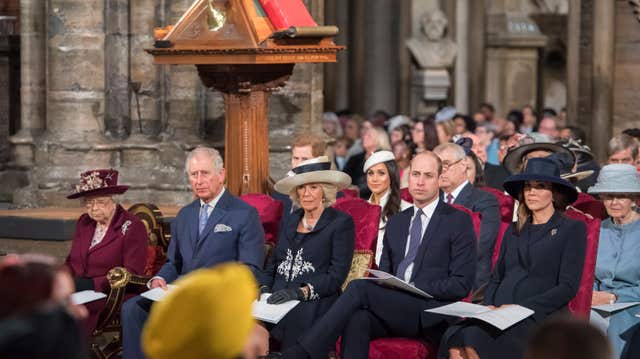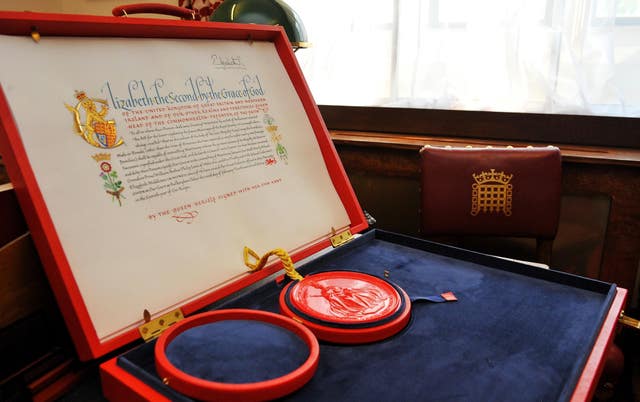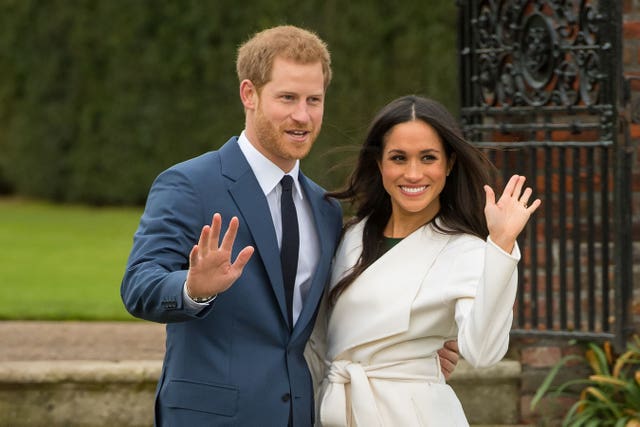The Queen has given her formal consent to the marriage of Prince Harry and Meghan Markle.
At a Privy Council meeting on Wednesday, the monarch issued her approval, in a declaration, to the nuptials of her “most dearly beloved grandson Prince Henry”.

The actress used her second name Meghan, rather than her first Rachel.
The Queen has officially given her consent for the marriage of her “most dearly beloved grandson” Prince Harry to Meghan Markle pic.twitter.com/jZ7gSaA5th
— Stephen Jones (@SteveJonesPA) March 15, 2018
“I declare My Consent to a Contract of Matrimony between My Most Dearly Beloved Grandson Prince Henry Charles Albert David of Wales and Rachel Meghan Markle, which Consent I am causing to be signified under the Great Seal and to be entered in the Books of the Privy Council,” the Queen’s declaration read.
Harry, who is preparing to wed the American star at St George’s Chapel, Windsor Castle, on May 19, had to ask the Queen’s consent to marry.

The Queen will have signed an Instrument of Consent – an elaborate notice of approval, transcribed in calligraphy, and issued under the Great Seal of the Realm – just like she did for the Duke and Duchess of Cambridge.

For hundreds of years, the Royal Marriages Act 1772 required descendants of George II to seek the sovereign’s consent before they wed, otherwise their marriages were deemed invalid.
But this law was repealed through the Succession to the Crown Act 2013, which came into effect in 2015 when all the Commonwealth countries in which the Queen is head of state passed any necessary legislation.
Yet the new Act still required fifth-in-line Harry to obtain the Queen’s permission.

If Harry failed to get the Queen’s approval, he and his future descendants would have been disqualified from succeeding to the Crown.
The Act was a radical shake-up of the rules of royal succession, removing male bias.
King George III, George II’s grandson, ordered the now repealed 1772 act after his younger brother the Duke of Cumberland secretly married Lady Anne Horton, deemed to be a highly disreputable widow of a commoner.






